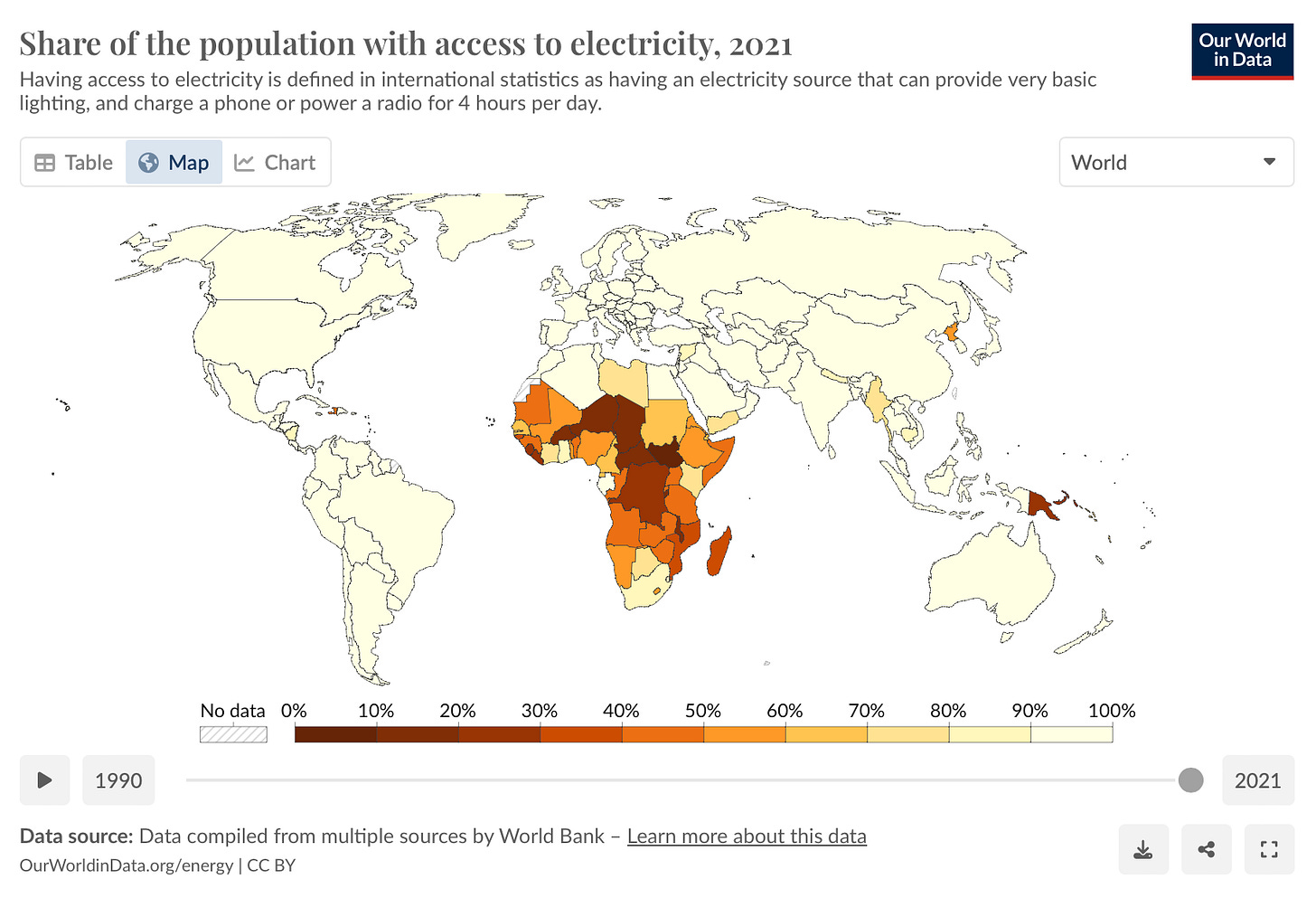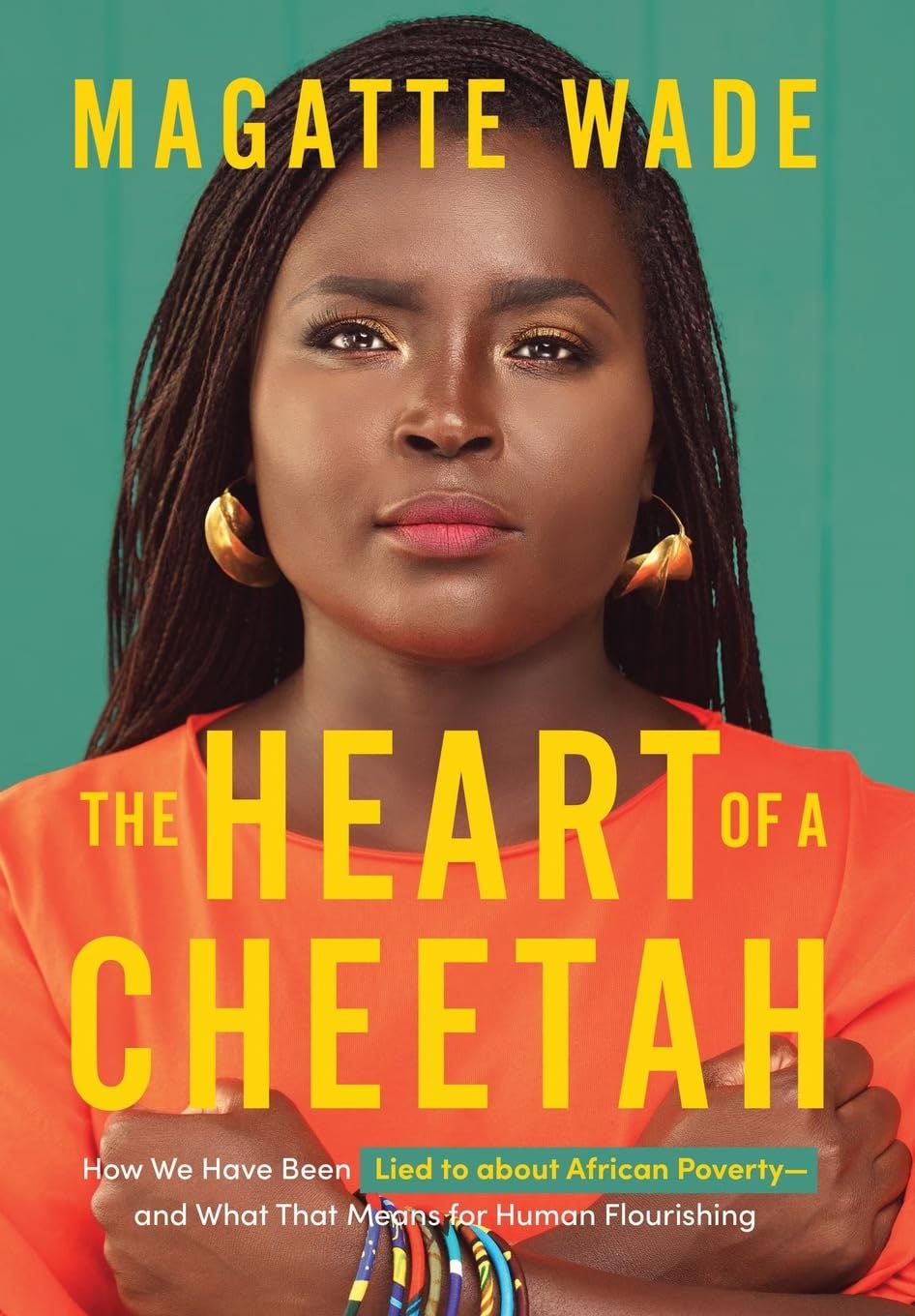
The recent wave of military takeovers in Africa, particularly the expulsion of French forces from several Sahel region countries, represents a complex turning point for the continent. While these events symbolize a rejection of historical colonial networks (which I applaud), they also underscore a critical challenge: political change alone cannot guarantee prosperity.
Military Coups Don't Fill Empty Stomachs
Look at what's happening across Africa right now.
In the Sahel region, we're seeing French troops being kicked out. Many people are celebrating this as a victory. But let me ask you something simple: Will removing French soldiers put food on anyone's table? Will it create jobs for Africans? Will it make electricity more accessible?

Getting rid of foreign powers might feel good, but it doesn't solve our real problems.
I've sat through countless speeches about "African liberation" and "fighting imperialism." These speeches sound nice. They get people excited. But here's what I've learned from building businesses in Senegal and traveling around Africa: Speeches don't create jobs. Rhetoric doesn't build factories. Anti-colonial slogans don't improve our education systems.
Let me tell you a short story.
When I started my first business, I didn't face problems because of colonialism. I faced problems because:
It took 2 years to register a business
I needed 50 different permits
Corruption was everywhere
I was obliged to pay a 45% tariff to get started
These are the real enemies holding Africa back.
Learning from the Best
Let's talk about countries that actually succeeded in making their people prosperous. Singapore, South Korea, Mauritius, etc.
What did they do right?
When Singapore became independent, they were as poor as we were. But instead of giving useless speeches about colonialism, Lee Kuan Yew focused on:
Making it easy to start businesses
Fighting corruption relentlessly
Investing heavily in education
Building world-class infrastructure
Today, Singapore is richer than their former colonial master, Britain.
Now that's real independence, and African leaders should take notes!

Look at Mali. In January 2025, the government seized $245 million worth of gold from Barrick Gold's Loulo-Gounkoto mine. Now, I know some people celebrated this as "taking back our resources." But think about what this really means for Africa's future.
When I speak to young entrepreneurs across Africa, they often ask me: "Magatte, isn't it good that we're standing up to these foreign companies?"
Let me explain why this kind of thinking keeps us poor.
First, let's understand what happens when a country seizes private property. It's just like putting up a giant billboard that says "Don't invest here, you’ll lose all your money!" Companies have choices. They're not forced to invest in Africa. When Barrick Gold suspended their operations in Mali, they didn't just take their gold mining equipment - they took their expertise, their technology, and their connections to global markets.
Now many companies have launched arbitration cases against authorities in Burkina Faso, Mali, and Niger.
As a consequence, mining companies are moving to East Africa. Ethiopia, Kenya, Tanzania - these countries are getting smarter about these issues. Meanwhile, we in West Africa are still playing the old game of control and confiscation. And our young people are paying the price - in lost jobs, lost opportunities, and lost futures.
“Africa’s wealth is not in its natural resources, but in its people.”
- Magatte Wade
Every time a government seizes private property, they're not just taking assets—they're destroying the trust and predictability that businesses need to operate. And by the way, we, Africans, should really learn this: it's not about who owns the gold in the ground, it's about who can create value from it.
The Sexy Revolution
Prosperity is not birthed from ideological declarations but from pragmatic economic strategies. Countries that have successfully lifted millions out of poverty—from Singapore to South Korea—did so by:
Creating transparent, investment-friendly environments
Developing human capital (especially via the innovative education model we're creating)
Establishing strong, predictable regulatory frameworks
Encouraging entrepreneurship and innovation
This is the sexy revolution Africa needs.
Forget about coups and military takeovers. They don’t solve poverty, create jobs, or bring investment. Instead, they cause chaos, scare investors, and leave people struggling even more. The real revolution—the one that builds brighter futures—is economic freedom.
Africa stands at a critical junction. The choice is not between complete submission to external powers or isolated, economically stagnant nationalism. The path forward requires a nuanced, pragmatic approach that prioritizes economic freedom, transparent governance, and strategic international collaboration.
True decolonization has nothing to do with removing foreign flags. It's more about removing the mental chains of victimhood. It's about understanding that our destiny is in our hands, that we are not passive recipients of aid or sympathy, but active creators of value.
The most revolutionary act for an African today is not to give a speech about oppression. It's to start a business. To solve a problem. To create value.
That's how we'll transform Africa. Not through revolution, but through relentless value creation.





" Speeches don't create jobs. Rhetoric doesn't build factories."
I wish American politicians knew this. Chances are, they do. They just don't care.
I've bought your book on audible. We,in GB are being taken down the destruction of private property route. Most people don't know it but I have read about it and the process is underway but I couldn't explain it to anyone as I don't have that sort of education. And people would laugh! But there are people who see it and I've read them and they are right. Also here in Britain the sort of liberal,metropolitan ,equal rights (if your face fits) libertarian type luvvies who tend to be writers + performed HATE Singapore and regarding it as the worst sort of,most oppressive place on earth. This despite that they with their nasty stupid "art",they made TV shows I don't watch + books don't read,make sure to make enough money to live in the parts of town where the Napoleons in Rags can't access. Sorry this post I not about Africa as such,but in a way all these issues are universal,and plenty of people from Africa are now coming to GB in hopes of a proper stable life but this is having the effect of destabilising our society,though some think that was the intention anyway. If so it's not the migrants fault,we are all contributing to a world system in ways we are not even conscious of.